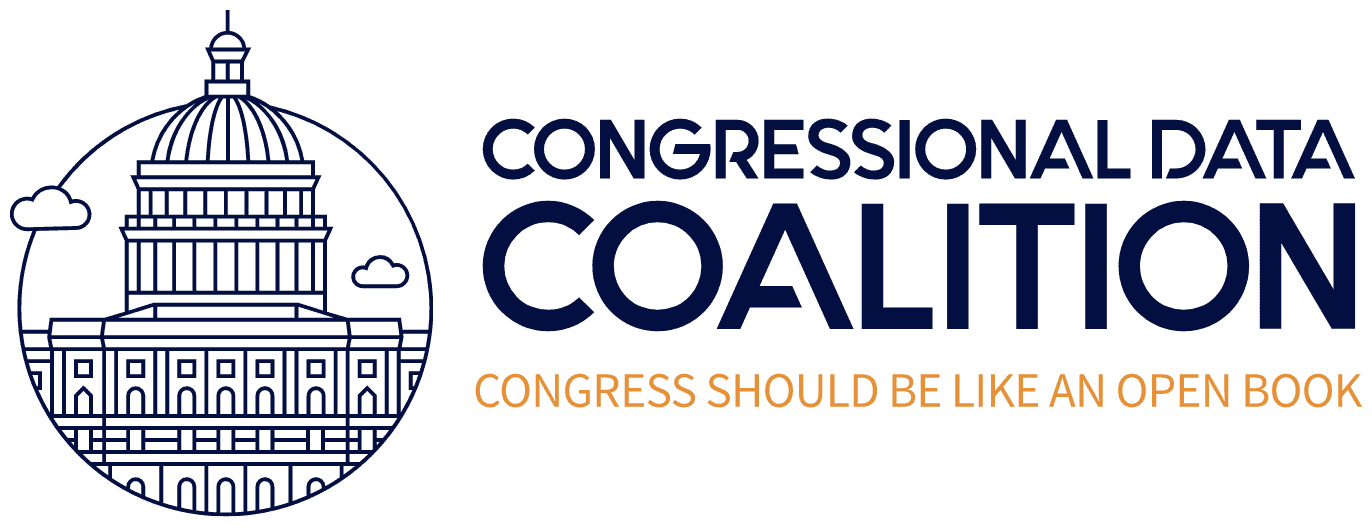The free roll call vote comparison tool Legislink has gone bicameral and back in time. It now is possible to compare roll call votes in the House and Senate going back to 1990. Previously, the site only worked for the House and only went back to 2003.
Developer Joe Carmel extended the vote data by drawing on prior work by GovTrack’s Josh Tauberer. At the click of a mouse, researchers and advocates can easily compare votes, a process that usually takes about an hour when done by hand. This is a tremendous boon for policy advocates who must mine the data for likely allies and adversaries. More on how Legislink works here.
